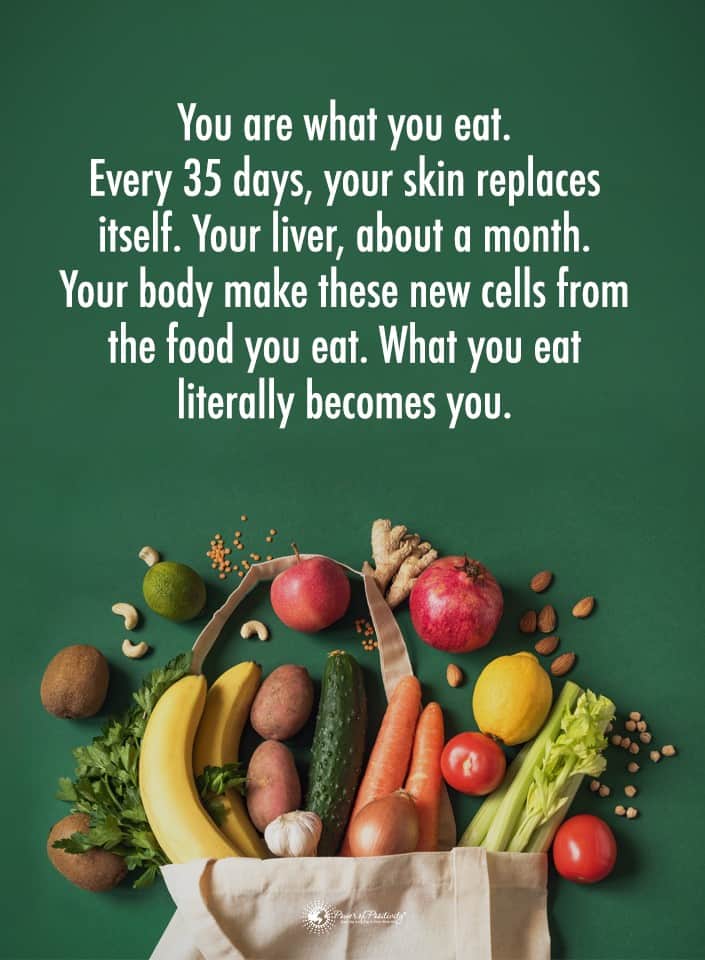Research by UK-based dairy company Arla Foods found that nearly half of Gen Z felt ashamed to order milk or other dairy products in public. The research aimed to investigate the influence of social media on people’s diets. And, since Gen Z grew up online, it’s no surprise they’re ditching dairy in droves.
As awareness grows about the agricultural industry’s environmental impact, more people have turned to vegan or vegetarian diets. However, Arla Foods wants people to realize that it isn’t such a cut-and-dry issue.
“It’s worrying how dairy can be so easily misunderstood. As an important part of our farming heritage, farmers are committed to nature – from protecting biodiversity to acting as beacons of local communities and providing the nation quality, natural and affordable nutrition. All food production will create emissions, but it is important to consider the nutritional value of the food as well as how it supports the natural environment,” says Debbie Wilkins, Arla Farmer in Gloucestershire.
Still, the company’s research found that around 34% of people in the UK eliminated milk from their diets due to social media’s influence. Nearly 49% admit that they would alter their diets based on information online.
Of course, most Gen Zers have the planet’s future in mind when thinking about dietary choices. They want to eat more sustainably, but over 40% of UK respondents don’t know what a sustainable diet looks like. 75% feel concerned about the state of the planet in the next few decades and believe dietary changes can make a difference.
Here Is What the Survey Suggests About an Eco-Friendly Diet
The research showed that the public’s opinions about what makes a sustainable diet vary. The top solutions for an eco-friendly diet included:
- Eating locally sourced food (54%)
- Swapping animal protein for plant-based alternatives (41%)
- Choosing foods produced with the most negligible environmental impact (35%)
- Cutting animal products from their diets completely (27%)
Gen Z Conflicted About Consuming Dairy Products
However, 65% of respondents still preferred cow milk instead of plant-based alternatives. Almost a third (29%) of Gen Z even admitted to only ordering dairy alternatives at restaurants or coffee shops. At home, they still consumed dairy products.
Twelve percent of all consumers admitted to only ordering plant-based alternatives in public and then reverting to dairy at home. 8% of people of all age groups say they feel ashamed to order dairy with tea and coffee at restaurants. They cited peer pressure as the main reason for choosing alternatives.
However, Arla’s research shows the need for a balanced approach to the ideal diet. The company says people have started cherry-picking data instead of considering the entire food production process. Making hasty decisions based on what’s trendy isn’t always smart regarding health.
For example, 36% of respondents said they had formed opinions based on information on social media. 55% said they used social media regularly to make decisions, not just about diet. While 70% of Gen Z reported, they would prefer to continue drinking dairy products, around 57% planned to give it up within a year. Perhaps peer pressure and social media have played a role in this decision.
Many people feel conflicted about how to eat in today’s world. However, Arla’s 2,100 farmers hope to provide clarity on the issue and make people feel better about consuming dairy. Perhaps eliminating dairy works best for some people, but others may benefit from the nutritional value of cow’s milk.
Dairy Farmers Work To Make Industry More Sustainable
Wilkins said this:
“Dairy farming can often be misunderstood, particularly when snap decisions get made based on what we see on social media. When this starts to play a role in our decision-making process, particularly when it comes to our health and wellbeing, it’s important we take a step back and look at the whole picture. Considering things like, the love I have for my farm, for my cows, all nature, and the environment when viewing the industry as a whole. The ‘all or nothing’ attitude so many groups and brands are pushing is not always necessary. It’s important to use the natural nutrition we have available to us, rather than relying heavily on processed foods.”
According to their research, around 12% of people consider only the environmental footprint of food when making dietary choices. However, they often forget about nutrition, an equally important part of the equation. While industrial agriculture impacts the planet, removing meat and milk products isn’t the only answer. Removing entire food groups could be significantly disastrous for some populations if they grew up eating those foods.
“We know that farming is not without its challenges and when it comes to dairy farming and the climate crisis, we have many hills to climb to reach our target of achieving carbon net zero by 2050. That is why Arla farmers are taking action and working to drive real change through several initiatives to reduce emissions for a stronger planet for years to come.”
“As a cooperative, Arla has multiple farmer standards that we continuously challenge ourselves against, with everything from animal welfare, quality of our products and our environmental impact. We are constantly measuring ourselves against those standards to ensure our customers can trust that we are aiming for the highest quality products and adding this to the natural nutrition we can get from dairy,” Graham Wilkinson, Senior Group Agriculture Director at Arla said.
Arla’s farmers added that they have already halved emissions in their production process compared to the global average. In addition, they’ve implemented a climate program to reduce emissions by another 30-90%. 54% of UK farmers use slurry application methods, which involve mixing water and cow manure to make natural fertilizer. This reduces the need for chemical fertilizers, a significant driver of emissions.

Final Thoughts on Gen Z Rejecting Milk and Other Dairy Products
A survey by Arla Foods revealed that many Gen Zers feel pressured to give up dairy products. While some formed their own opinions about diets, others turned to social media for answers. Since Gen Z uses social networking apps more than other generations, they’re particularly vulnerable to collectivist thinking. Therefore, Arla Foods believes that a happy medium exists where consumers can still enjoy dairy responsibly and sustainably. Regardless of your diet stance, it’s essential to consider the bigger picture before making decisions.
The post Study Reveals That Gen Z Is Saying No to Dairy Products appeared first on Power of Positivity: Positive Thinking & Attitude.








